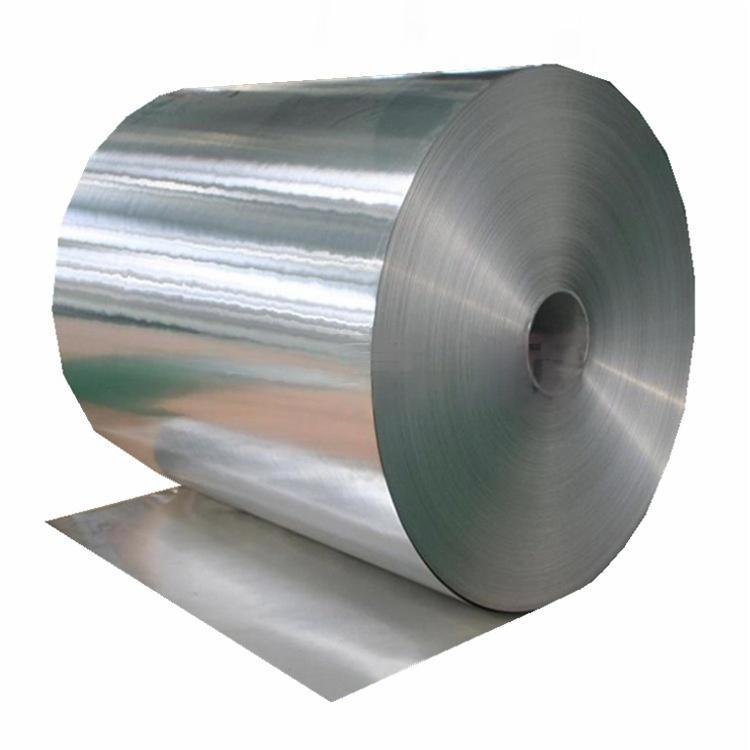Anodized aluminum coil is a durable and versatile material widely used in various industries due to its enhanced properties compared to regular aluminum. The anodizing process adds a protective oxide layer on the surface of the aluminum, which increases its resistance to corrosion, wear, and weathering. This article explores the anodizing process and the advantages of anodized aluminum coils.
What is Anodized Aluminum Coil?
An anodized aluminum coil is a coil of aluminum that has undergone an electrochemical process known as anodizing. This process involves immersing aluminum in an electrolytic solution and passing an electric current through it. The aluminum forms a thicker, harder oxide layer on its surface, which is chemically bonded to the base metal. This protective oxide layer enhances the physical properties of aluminum, making it more durable and attractive.
The Anodizing Process
The anodizing process consists of several key steps:
Cleaning and Preparation: The aluminum surface is thoroughly cleaned to remove any oils, dirt, and contaminants that could affect the anodizing process. This step ensures proper adhesion of the oxide layer.
Anodizing: The cleaned aluminum coil is submerged in an acid bath, typically sulfuric acid, and an electrical current is passed through it. This results in the formation of an oxide layer on the aluminum's surface. The thickness of this layer can vary based on the duration of anodizing and the current intensity.
Coloring (Optional): During the anodizing process, the aluminum can be colored using dyes. This is done after the anodizing process, where the pores in the oxide layer are sealed, and a dye is absorbed into the porous structure.
Sealing: The oxide layer is sealed by using hot water or other chemical treatments to close the pores, thus enhancing corrosion resistance and creating a smooth, durable surface.
Advantages of Anodized Aluminum Coil
Anodized aluminum coil offers several key advantages that make it a preferred choice in various applications:
Corrosion Resistance: The anodized layer acts as a barrier to moisture, chemicals, and environmental factors that can cause corrosion. As a result, anodized aluminum coils are ideal for use in harsh environments.
Durability and Hardness: The oxide layer formed during anodizing is extremely hard and scratch-resistant. Anodized aluminum coils have a much longer lifespan compared to untreated aluminum.
Aesthetic Appeal: Anodized aluminum coils are available in a variety of colors, offering a wide range of design possibilities. The coloring is more durable than painted surfaces, ensuring the coil maintains its appearance over time.
Non-Toxic and Environmentally Friendly: The anodizing process is non-toxic and produces minimal waste, making it an environmentally friendly choice. The aluminum can also be fully recycled, reducing its environmental impact.
Lightweight: Like regular aluminum, anodized aluminum coils retain the lightweight nature of the metal, making them an ideal choice for applications where weight is a concern, such as in aerospace, automotive, and construction industries.
Applications of Anodized Aluminum Coil
Anodized aluminum coils are used in a wide variety of applications, including:
Building and Construction: For facades, window frames, and roofing materials that require weather-resistant and visually appealing finishes.
Automotive Industry: For trim pieces, wheel rims, and other components that need a durable and aesthetic surface finish.
Consumer Electronics: In the production of durable and attractive parts for devices like laptops, smartphones, and cameras.
Signage and Display: Anodized aluminum is often used for outdoor signage, as its durability and ability to resist fading make it an excellent choice for this purpose.
Conclusion
Anodized aluminum coil is a high-performance material that offers a range of benefits, from improved corrosion resistance to enhanced aesthetic appeal. Its versatility across industries makes it a popular choice for both functional and decorative applications. Whether for construction, automotive, or electronics, anodized aluminum coils continue to be an essential material due to their long-lasting and environmentally friendly properties.

